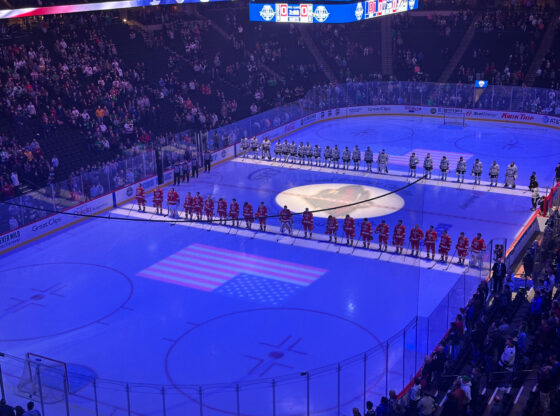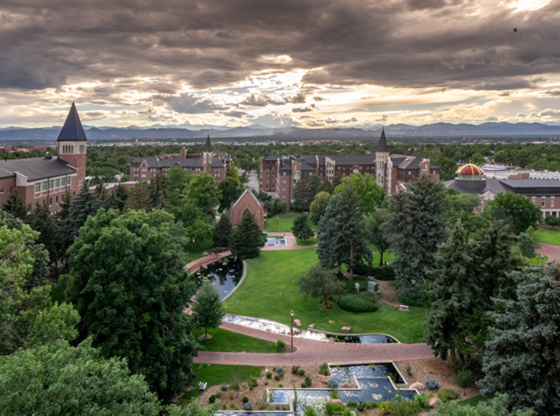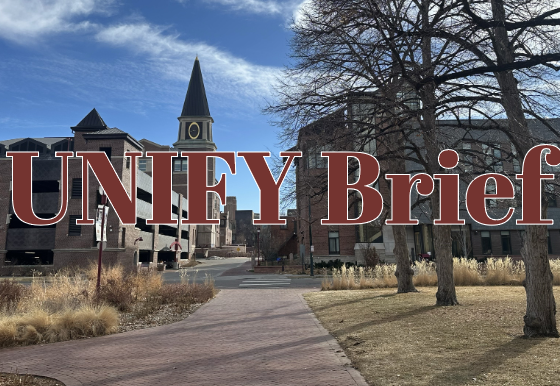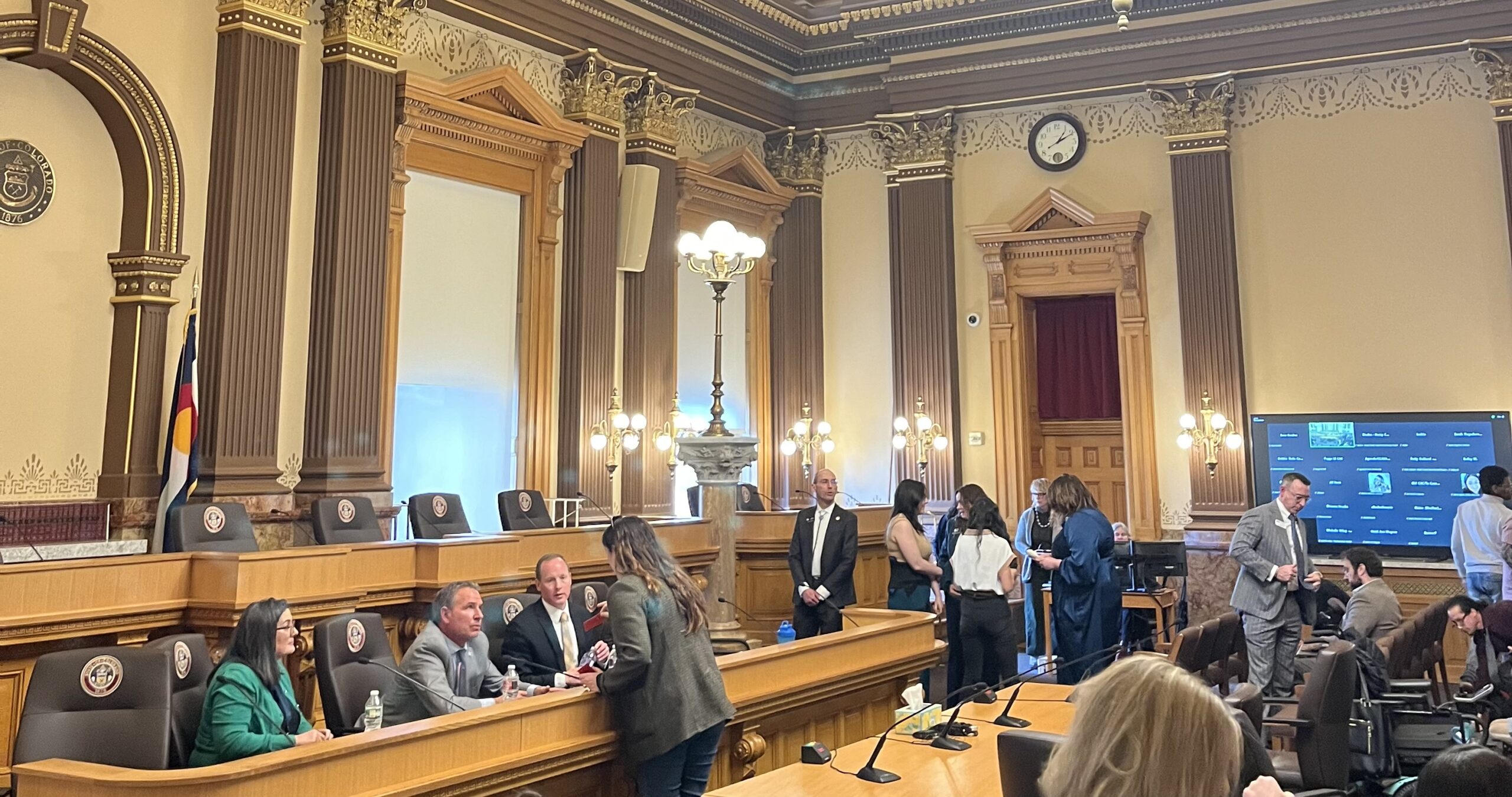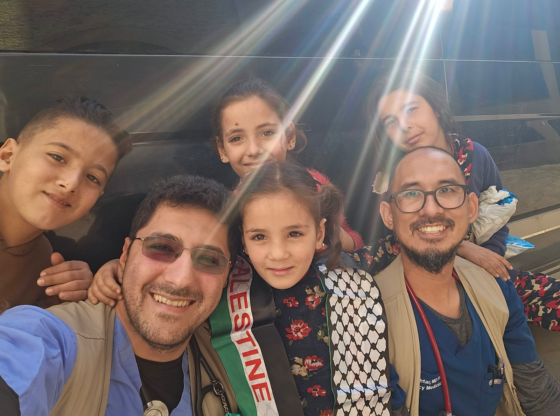I stand helpless. The woman in front tries desperately to tell me what kind of smoothie she wants, muttering words like “anaranjado” and “no hielo.”
Aching to provide a bridge, I desperately try to pull from my high school days of Spanish class. Ignoring two co-workers behind me scoffing at our attempts to communicate, I begin to chat with her young toddler, who seems to know more of both languages than either of us, and I finally understand her request. My only response is admiration for her bravery.
Years earlier I remember standing on a street corner in Florence with the same dilemma, only I couldn’t come up with the word for supermarket, which by the way is the far-fetched “supermercato.” An Italian woman stopped to tell me exactly how stupid I was for traveling to her country without the foreknowledge of such vocabulary. I remember scolding myself for not paying more attention in the bathroom of Macaroni Grill, where Italian translation courses are taught over a loud speaker.
This fall I will join the hundreds of other University of Denver students traversing the globe in a reenactment of the renaissance-inspired Grand Tour. I will be returning to Italy, this time only a little better equipped with one quarter of Italian, and a year of Latin under my belt.
Because I will be traveling in a DU-led program I will not have to worry about the language barrier in the classroom. But, as soon as I step outside the safe walls and company of the seven other students traveling with me, I will, no doubt, be hit with the brick wall of cross-cultural communication. I will travel to a foreign country, fully expecting the locals to make up for my deficiencies.
I am assured by advisors that Italians will love to hone their English speaking skills with me, and yet the image of the woman on the street corner replays in the back of my mind.
I cannot blame the customer who came into my smoothie store, for I will put myself in the same situation next fall, as thousands of immigrants and tourists across the world do every year, only its okay, because I am an American, and English is the international language, right? I am sure Roman or Nazi soldiers would have said the same thing.
Addy Lord, a junior at DU, traveled to her study abroad location, Tubingen, Germany, with only two years of German under belt. She is spending a year in the country, and will return this July. Many of her blogs abroad dealt with her inability to speak the language, “Not that I so much mind talking to people in German. It’s just that I feel as though I make a fool of myself every time that I do. I’m sure that pretty soon it will resort to me speaking in German or eating. And eating, hopefully, will win out on that battle.”
Although she feels much more comfortable now, eight months later, she is still confronted with translation issues, as she wrote in a recent entry, “I just find it extremely interesting that relationships are so easily defined with words, and how difficult it is for someone to do it in another language. The cultural context behind it is huge and often complicated.”
As I watch week after week, on the fight between an English speaking crime scene investigator and a Hispanic witness, on any variation of the television show CSI, I cannot come up with a solution or distinction for immigration issues in the United States today. Is it all that wrong to cross linguistic boundaries to pursue a better life, or a liberal education?
Would it make us less respectable to broaden our vocabulary and ability to communicate? All I can offer is the advise that we begin to recognize “No hablo” as the only universal language, and respond with compassion.


